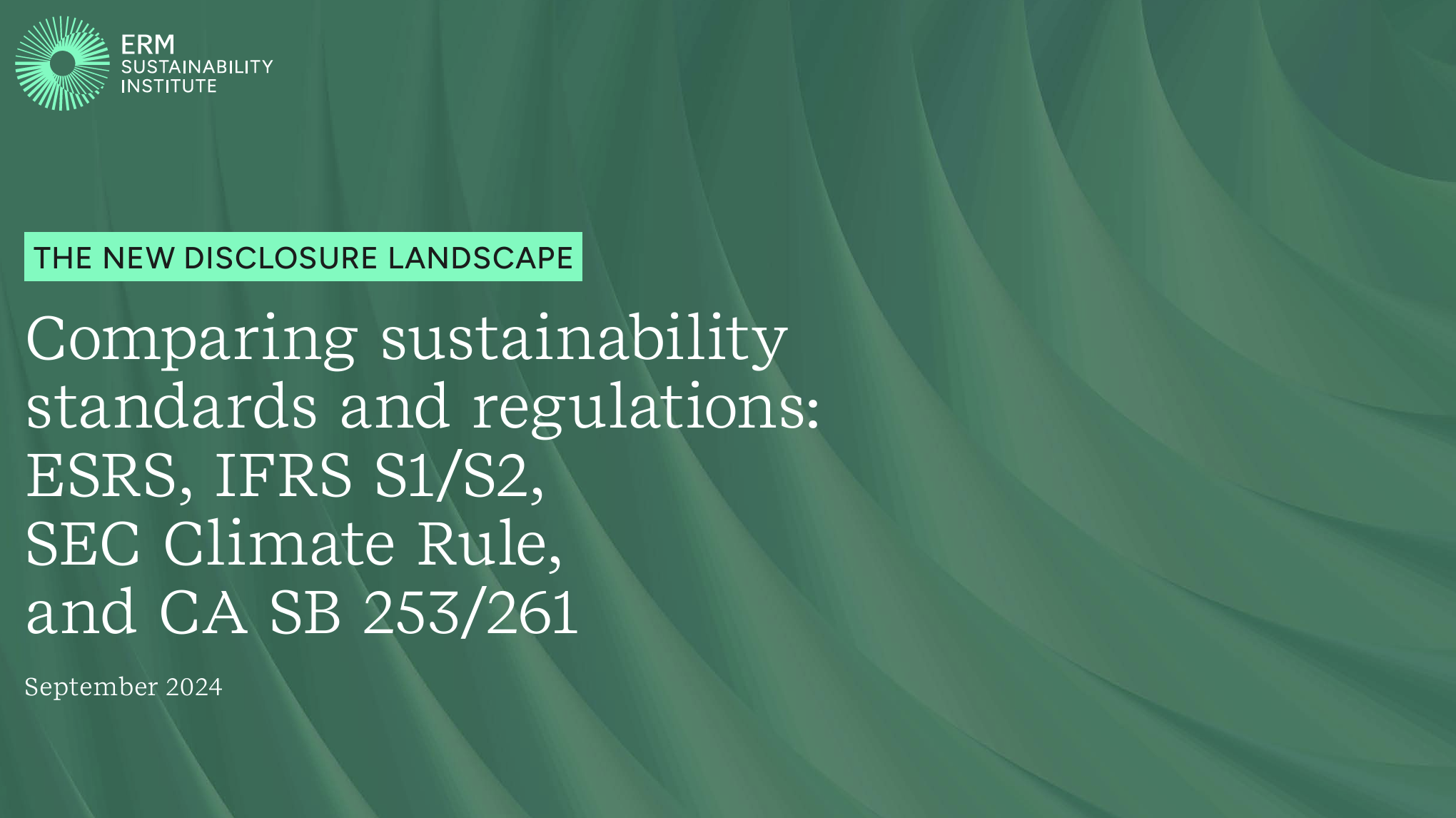SEC Raises Concerns over IFRS and ISSB Funding at OECD Roundtable
Global financial reporting standards are once again under scrutiny as regulators and market participants assess the balance between reliable accounting and emerging sustainability disclosures.

The keynote address by SEC Chair Paul Atkins at the OECD Roundtable in Paris highlighted renewed scrutiny of the IFRS Foundation’s expanding mandate. His remarks underscored concerns about the balance between funding for accounting and sustainability standards, as well as the regulatory implications of shifting from financial to double materiality models.
IFRS Standards and Regulatory Foundations
High-quality accounting standards remain a cornerstone of effective capital markets regulation. Under U.S. rules, domestic companies must prepare their financial statements in accordance with U.S. GAAP. Since 2007, however, foreign issuers have been permitted to file statements based on International Financial Reporting Standards (IFRS) as issued by the International Accounting Standards Board (IASB), without the need for reconciliation to U.S. GAAP.
At the time of that decision, the U.S. Securities and Exchange Commission (SEC) emphasised the importance of the IASB’s independence, governance, and sustainability as a standard-setter, as well as the ability of the IFRS Foundation to secure stable and long-term funding for the IASB. These considerations were regarded as essential to ensuring the ongoing development of high-quality, globally accepted standards.
ISSB Formation and Funding Concerns
In 2021, the IFRS Foundation broadened its remit by creating the International Sustainability Standards Board (ISSB). Responsibility for securing financial resources now extends to both the IASB and ISSB. SEC Chair Paul Atkins cautioned that this expansion must not divert attention or funding away from the IASB, whose mandate is to provide reliable accounting standards underpinning financial reporting.
Stable and sufficient funding is viewed as critical to the IASB’s operational effectiveness. Should funding shortfalls occur, one of the original premises underpinning the SEC’s 2007 reconciliation exemption may no longer be valid. Atkins noted that in such a scenario, the Commission might need to reconsider whether IFRS-based reporting without reconciliation continues to serve the U.S. market effectively.
Reliable Reporting and Capital Allocation
Reliable financial reporting is fundamental to capital allocation decisions. Standards developed by the IASB are expected to remain focused on financial accounting and not be used as a mechanism for advancing political or social objectives. According to Atkins, the continued prioritisation of the IASB within the IFRS Foundation’s funding model is necessary to preserve the integrity of global financial reporting and maintain investor confidence.
Financial Materiality vs. Double Materiality
Alongside accounting standards, financial materiality remains a central pillar of effective regulation. A financial materiality approach prioritises disclosure obligations that directly serve the interests of investors, who provide the capital that drives corporate growth.
By contrast, the European Union has introduced a double materiality model through its Corporate Sustainability Reporting Directive (CSRD) and Corporate Sustainability Due Diligence Directive (CSDDD). These frameworks require companies to disclose not only financially material information but also data on broader environmental and social impacts.
Atkins expressed concerns that the prescriptive nature of these directives imposes additional burdens on U.S. companies operating in the EU, potentially increasing costs that may be passed on to American investors and consumers. While he acknowledged recent EU efforts to streamline and simplify the reporting regime, he highlighted the need to refocus on financial materiality as the guiding principle for disclosure.
Conclusion
The balance between financial and sustainability reporting remains under scrutiny. As international regulators refine their approaches, the core challenge lies in ensuring that standards continue to provide decision-useful information for capital markets, without diluting the focus on financial materiality or undermining the operational capacity of the IASB.



